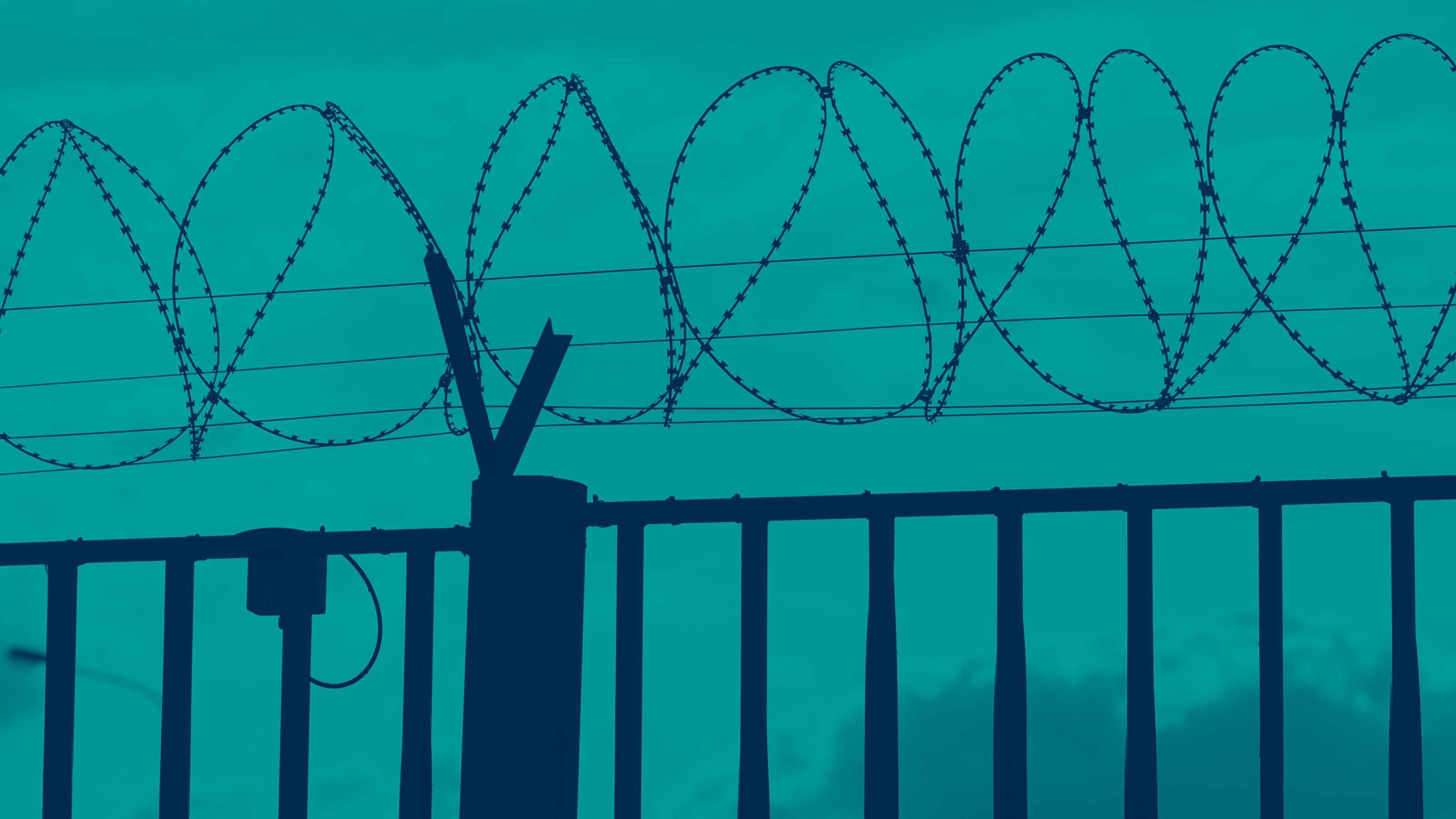Registration
You will receive an email confirming your registration.
India’s relationship with Pakistan has been characterized by conflict and a lack of trust. Despite a growing gap between the two countries, Pakistan has continued to loom large on India’s horizon. How have the nature of the Pakistani state and its internal dynamics impacted India? What is the state of bilateral relations between the two countries? What are India’s policy options with respect to Pakistan?
Carnegie India hosted Sharat Sabharwal for a discussion on the history of the India-Pakistan relationship. The discussion was moderated by Srinath Raghavan.
DISCUSSION HIGHLIGHTS
Civil-Military Relations in Pakistan:Participants acknowledged the Pakistani Army's stronghold over the country’s polity and observed that civil-military relations have not shown any sign of change. Participants explained the institutional importance of India to the Pakistani Army. They emphasized how tensions with India are crucial to the army’s relevance and sustenance in the country's polity. Participants, however, noted that the army has attempted to exercise tactical restraint vis-à-vis India at certain times. One such instance was Zia-ul-Haq's charm offensive against India in the 1980s. During the Afghan jihad against the Soviet Union, Pakistan came under Western pressure to minimize cross-border militancy, and Zia-ul-Haq sought to improve ties with India. Similarly, the United States intervened to reduce India-Pakistan tensions during the political transition in Afghanistan in the early 2000s. The post-9/11 pressure exerted on Islamabad led Pervez Musharraf to engage in back-channel discussions with India on the Kashmir issue. Most recently, Qamar Javed Bajwa signaled a conciliatory attitude toward India by offering to improve trade between the countries. Notwithstanding the occasional constructive attempts, there has not been any strategic shift in the attitude of the Pakistani establishment toward India. Participants, therefore, concluded that the reformation of the Pakistani Army as an institution and a change in its attitude toward India is critical to improving the India-Pakistan relationship.
An Unstable Pakistani State:Participants discussed the factors contributing to Pakistan’s instability. They elaborated on how Pakistan's civilian and military leaders have weaponized religious extremism to serve their political ends. This has contributed to domestic discontent. Islamabad has also employed the means of religious radicalism to perpetrate terrorism in India and Afghanistan. Besides this, ethnic fault lines in Baluchistan and the Pashtun Belt along the Afghan border continue to complicate Pakistan's stability. Participants also drew attention to Pakistan's economic situation. They noted that low-resource mobilization, heavy expenditure on defense, and unaccountable debt servicing are recurrent problems in the country. They concurred that instability in Pakistan would impact India's strategic calculations. Even though Pakistan, unlike Somalia or Afghanistan, is not a failed state, its dysfunctionality will have negative consequences for India-Pakistan relations.
Key Issues in the India-Pakistan Relationship:Given that India and Pakistan are nuclear-weapon states, there is a nuclear deterrent for the two countries to use military force. Participants emphasized the importance of diplomacy and trade in forging a peaceful relationship. They also acknowledged the challenge of maintaining existing ground realities because of the countries’ long-standing distrust of each other. Participants further underscored that the India-Pakistan relationship has become increasingly complex due to China’s economic investment in Pakistan and its presence near the border. Though it is difficult to decouple Pakistan and China, India can still hope to gain some ground by managing its western border and maintaining the ceasefire agreed on in February 2021. Participants reinforced the need for India to diplomatically engage with Pakistan to manage any volatility along the border. They noted that there have been many instances when the two countries have suspended trade ties as retaliatory measures. Participants, therefore, agreed that political and economic issues should be delinked.
This event summary was prepared by Adyasha A. Das, Young Ambassador at Carnegie India.
